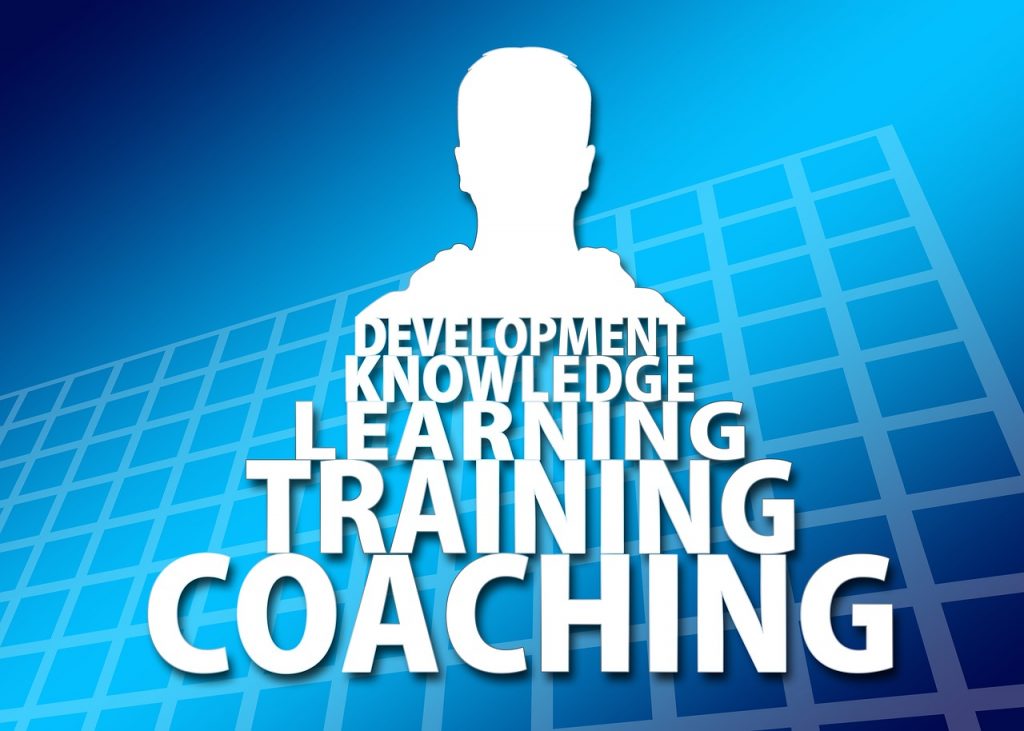I thought this to be a very helpful article from Non-Profit Quarterly for both start-up Non-Profits and established Non-Profit Organization. I hope you find some very useful information here that will give guidance to Executive Directors, Board of Directors and anyone in a management postion at your organization. M. Letha Daniels
There is nothing like understanding that your decisions and actions will be consequential to reinforcing learning. Therefore, learning on the job, with a lot of feedback and reflection, can be a very rich source of leadership and management development. Research reinforces over and over the value of learning through risk taking and reflection, but how exactly do we construct the cycles of consideration in our experiences to encourage continuous and humble but increasingly confident development?
This article addresses some just-in-time leadership development strategies that can provide nonprofit leaders with opportunities to shift their perspective and stretch their current repertoire of practices and competencies. It is a guide to self-coaching on leadership and management issues. The leadership issues revolve around driving change, aligning programs with mission, thinking generatively, creating a desired culture, developing strategic partnerships, and understanding one’s impact on others. The management issues revolve around getting to results, developing tactical solutions, supervising individuals and teams, and managing resources.
At Community Resource Exchange (CRE), our approach is based on the belief, borne of experience, that individuals can make significant changes on their own if equipped with the right tools, which include the following:
- The right questions to ask of themselves;
- Some turnkey practices and tactics; and
- Relevant application tools for specific issues.
Our aim is to provide nonprofit leaders with tools incorporating these elements, so they can self-coach and learn from actions they take while on the job. In that self-coaching they must engage in reframing and “1-2-3” steps.


